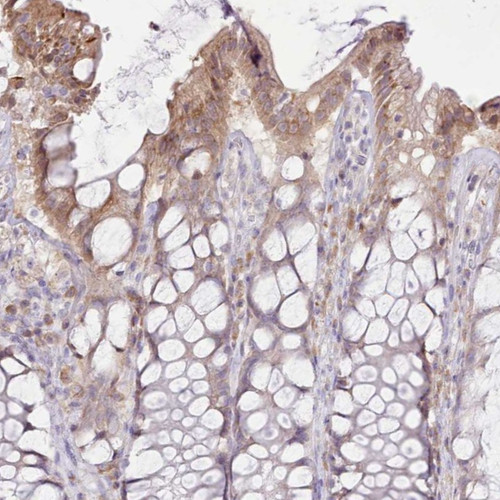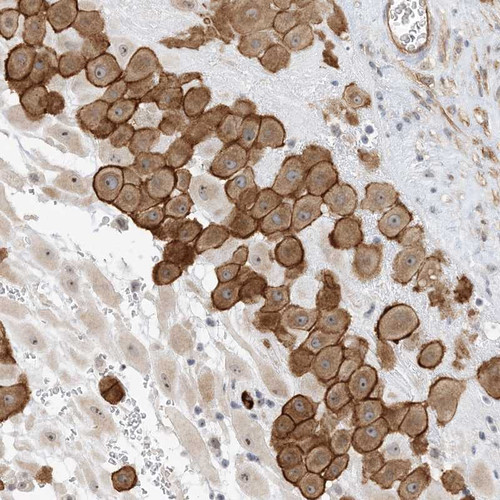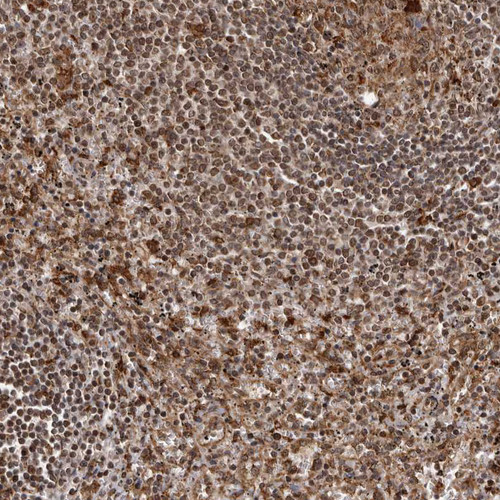Adaptive immunity is a specialized and highly specific defense system that develops over time in response to exposure to pathogens or foreign substances. Unlike innate immunity, it provides targeted responses through the activation of lymphocytes, B cells and T cells. B cells produce antibodies that neutralize pathogens, while T cells destroy infected cells or regulate immune responses. Adaptive immunity also has memory, enabling a quicker and stronger response upon subsequent exposures to the same pathogen, forming the basis for immunological protection provided by vaccines.
View our collection of reagents for the study of adaptive immunity below.































